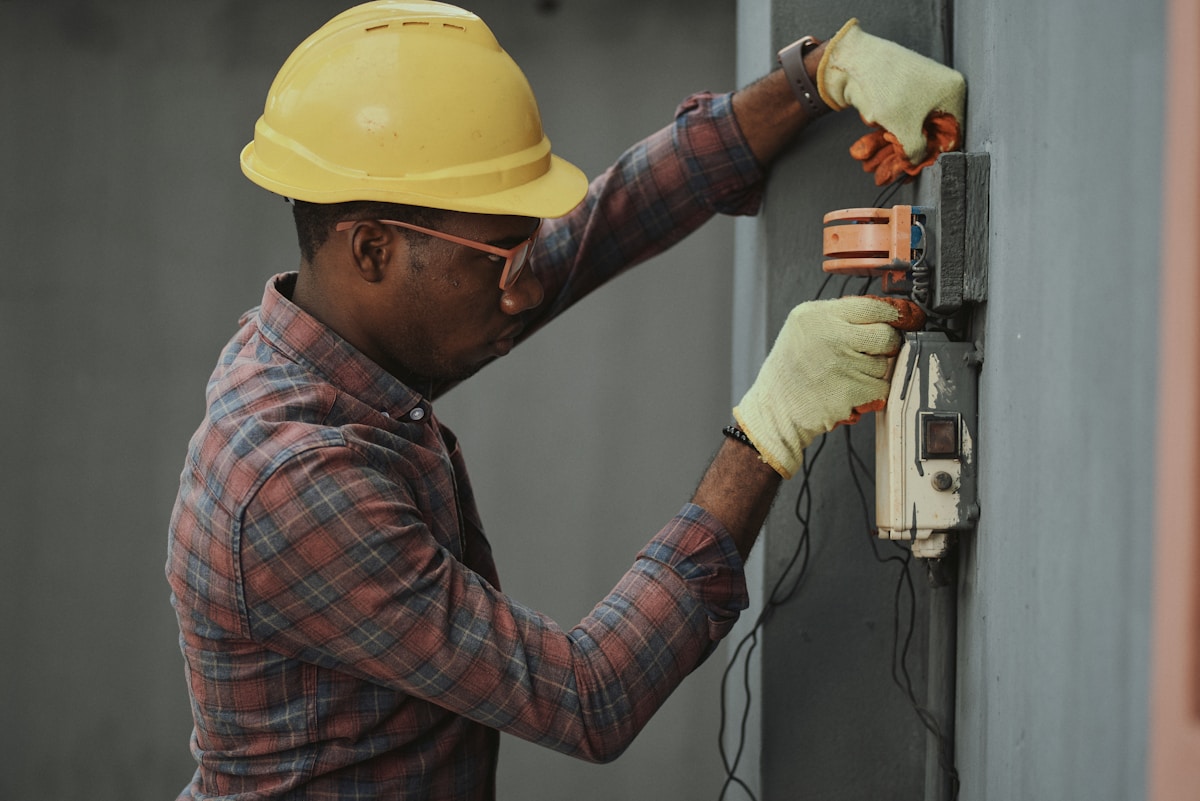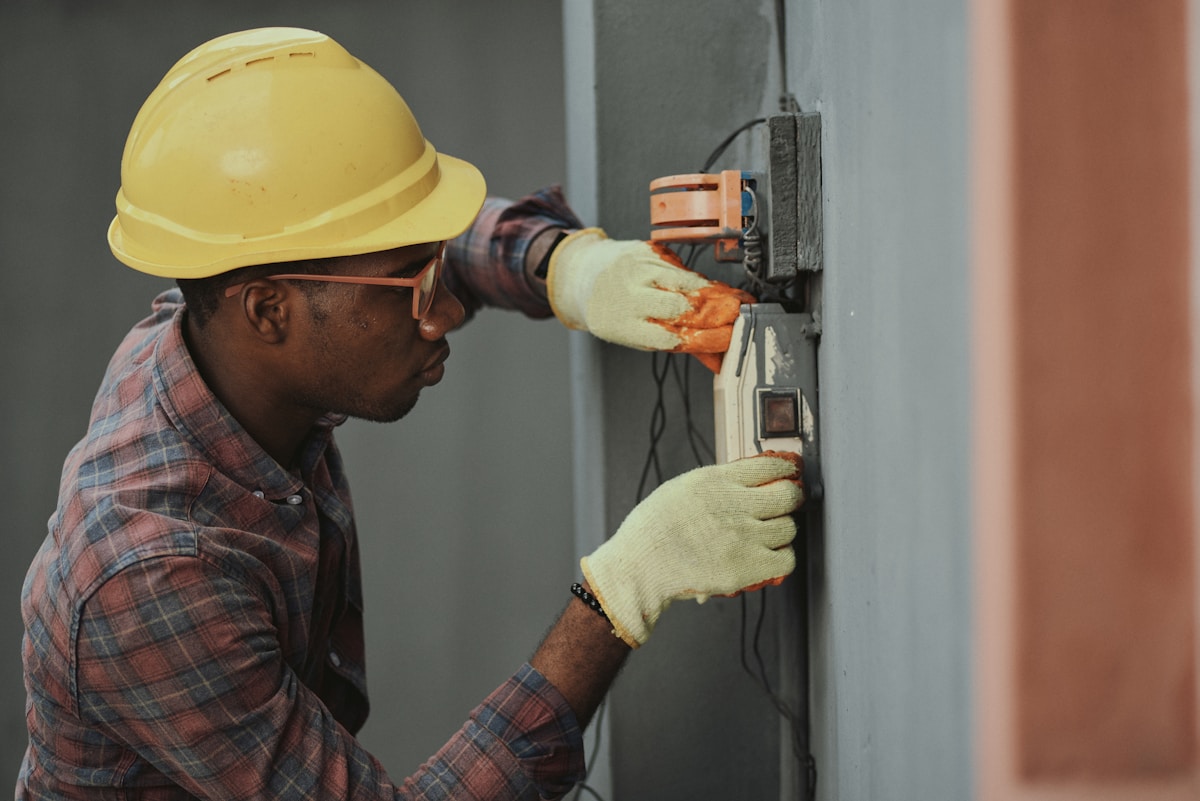How Electricians Power Commercial Building Projects
Commercial electrical work has gotten complicated with all the technologies and coordination requirements flying around. As someone who’s powered commercial projects throughout the Pacific Northwest, I learned everything there is to know about what electricians contribute to these complex builds. Today, I will share it all with you.
Electricians are essential to every commercial project. Their expertise ensures buildings function safely and efficiently from opening day forward.
Planning and Design Input

Electricians collaborate with architects and engineers from the start. They review blueprints and advise on outlet placement, lighting, and panel locations. Probably should have led with this section, honestly—early involvement prevents expensive changes later.
Different buildings need different approaches. Retail spaces need abundant outlets and dramatic lighting. Offices require wiring capacity for hundreds of computers and devices. Electricians tailor plans to building purpose.
Permits and Code Compliance

Electricians navigate permitting requirements and know local codes inside out. That’s what makes their expertise endearing to project managers—they keep projects compliant and avoid costly delays.
Installation Work
The core job: running wiring, installing outlets, switches, lighting, panels, and breakers. Precision matters—incorrect wiring creates short circuits and fire hazards. Electricians follow design plans meticulously.
Technology Integration
Modern commercial buildings incorporate smart lighting, automated controls, and energy management systems. Electricians install and integrate these technologies with the building’s core electrical system.
Troubleshooting and Maintenance
After installation, electricians handle issues that arise—from faulty outlets to system failures. Regular maintenance includes inspections, testing, component replacement, and system updates.
Energy Efficiency Focus
Commercial electricians increasingly install energy-efficient lighting, solar panels, and renewable systems. Efficiency improvements reduce operating costs and environmental impact.
Safety and Training
Personal protective equipment and safety protocols prevent accidents. Ongoing training keeps electricians current with technologies and safety requirements.
Coordination With Other Trades
Electricians work alongside plumbers, HVAC technicians, and carpenters. Good communication ensures all building systems work together seamlessly. Coordination with construction managers keeps projects on schedule.
Skilled commercial electricians are fundamental to successful building projects. Their expertise makes modern buildings possible.


